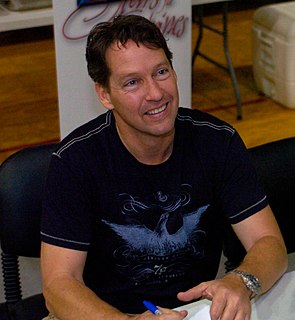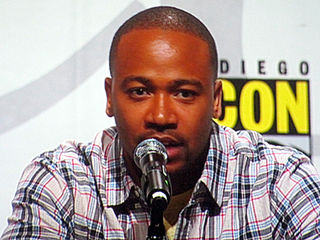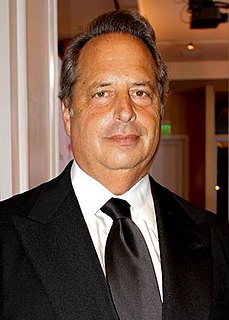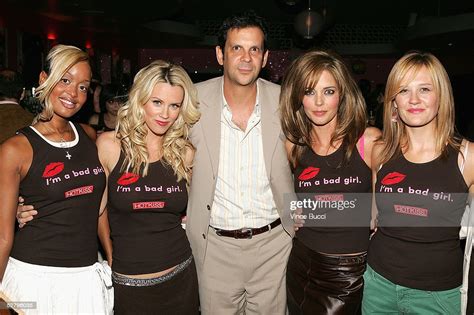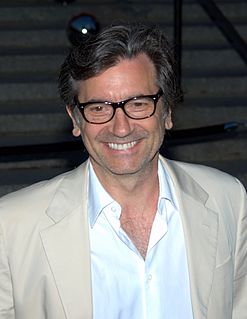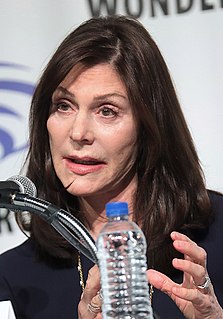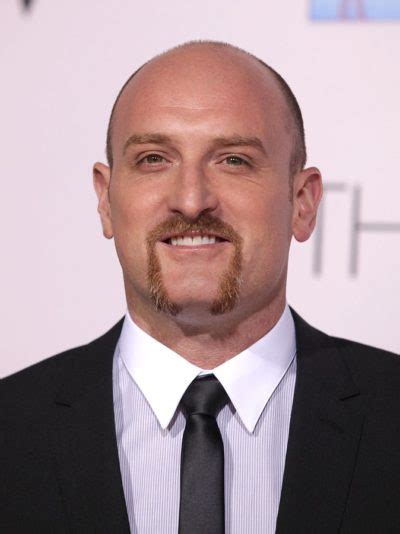A Quote by D. B. Sweeney
What I've learned is sometimes it's good not to have all the same actions and have all the same takes. The variety you provide gives the director later on in post-production the ability to construct a more interesting performance as he puts the movie together.
Related Quotes
The director makes the movie. The director has to have the story in their head, has to know the style of the piece, has to answer questions from actors, design, set, lighting, every department throughout the pre-production, production, and post-production, because they've got it in their mind. They've got to know exactly what they want and what the style and story of the movie is. It's them. They make it.
You can give the greatest performance possible, but if you don't have a director who's pointing the camera in the right direction and an editor who's editing it properly, it doesn't matter what you do. The director and the editor are the most important people. Not the actors. Sometimes the writer is important. But if you don't have a good director, you can't have a good production.
I'm kind of the boss. I could fire myself if I ever got out of line, and I can hire myself too which is a good thing. It gives me a responsibility to the financial realities of the picture. I'm an extremely conscientious producer and now equally as a director and it now gives me the opportunity to look at the entire movie and allow the movie to be the creative vision of the actors, the writer and myself, because I'm in charge of it from a producer and a director point of view. It gives me freedom and it gives me a certain degree of responsibility at the same time.
What's interesting as a director, and even studio executives don't understand this, is that if you're directing a $200 million movie with six million people, it's the same as directing a $25,000 movie with three people. The director's job is, "You stand there and do that," or "This is the shot I want." The logistics change, but the job remains the same. And I enjoy the job.
One of the good things is the relationship between director and editor used to be more contentious. Studios used to leave directors alone more during the post production process and now they're clamoring to get in. So, the director and the editor end up teaming up sort of against the studio to fight what they're doing and you lose the creative tension that you used to have between an editor and a director.
With a good script a good director can produce a masterpiece; with the same script a mediocre director can make a passable film. But with a bad script even a good director can’t possibly make a good film. For truly cinematic expression, the camera and the microphone must be able to cross both fire and water. That is what makes a real movie. The script must be something that has the power to do this.
I've been on the board of UCLA Film and TV School, and I went to UCLA. I realized that the same movie theater that was there when I went to school, 30 years later is the same movie theater in the same condition. There was an opportunity to refurbish an existing room, and I jumped at the opportunity.
The director is the most important because, ultimately, as an actor, when you watch a movie, it looks like an actor is giving a performance, and they kind of are. But, what's actually happening is that an actor has given a bunch of ingredients over to a director, who then constructs a performance. That's movie-making.
